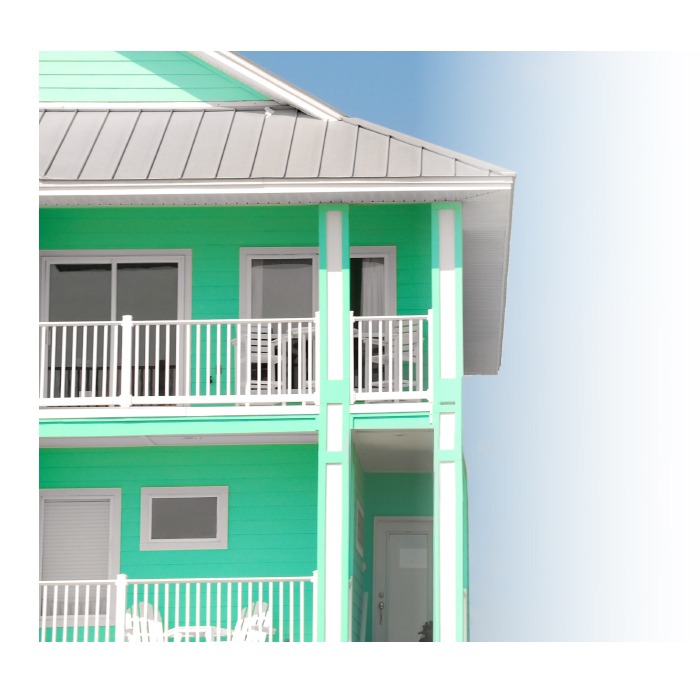
If you have a second home, you may be tempted to rent it out this summer to make a little extra cash. You should be aware, however, that there are some special tax implications. So be sure to check them out below before you sign any rental agreements.
1) The IRS definition of a vacation property includes not only houses, cottages and condominiums, but also mobile homes, recreational vehicles, and boats.
2) You may be obligated to pay state and local taxes on the rental of your vacation property as well as federal taxes.
3) The tax liabilities associated with a vacation home and the deductions you can claim against the property primarily depend on the time you spend there, or, as the IRS calls it, your “personal use” of a second home. The IRS definition of personal use covers time that you or any member of your family, including your spouse, children, siblings, parents, grandparents and grandchildren spend at your vacation property.
4) Personal use also includes renting your vacation home to anyone for less than fair market value, trading your place to stay somewhere else, and donating your property for charitable use.
5) The IRS rules state that if you spend fewer than 14 days or 10 percent of your time each year at your vacation home, you can write off expenses associated with owning a rental property. These deductions are allowed in proportion to the amount of time your property is rented.
6) The cost of advertising for tenants or other expenses directly related to renting out your property are 100 percent deductible.
7) If you spend more than 15 days a year at your vacation home and also rent it periodically, your tax obligations are based on how much time you, your family or your renters spend there. If the personal time you spend at your vacation property is more than the 14 days or 10 percent of the year mentioned in point number five, the IRS states that you “must divide your total expenses between rental use and your personal use based on the number of days used for each purpose.”
8) If you rent out your vacation home for 14 days or less, rental income is tax-free. For longer periods, rental income must be claimed and eligible expenses should be deducted based on the percentage of rental use.
There are many benefits to having a vacation property, and renting one can provide extra income while reducing your tax bill. However, if you do own a second home, a boat or other vacation property, you should always keep track of rental income and track the days it is occupied for personal use versus rental use. This will make it easier to tally your taxes at the end of the year
If you have any questions about this information, please contact our firm.







